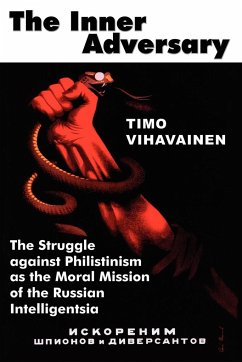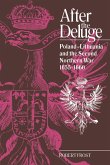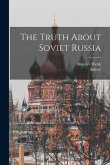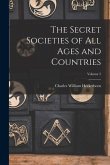Unlike all other scholarly works hitherto published, this monograph surveys the fates of the concepts of ¡°philistinism¡± and ¡°intelligentsia¡± from 19th century Russia to Stalin¡¯s Soviet Union. In the 1840s it was commonly believed in Russia that Western Europeþuand even more so, the USAþuwere heavily contaminated by philistinism, while Russia was still comparatively clean. Both the conservative and the radical intelligentsia regarded the salvation of Russia from the philistine danger to be one of their central tasks. But after the Bolshevik revolution, the intelligentsia was dismissed as being itself part of the petty bourgeoisie. By the mid- 1930s, however, a new idea of intelligentsia was created, which served the needs of the totalitarian state. ¡°By taking this story through the formative period of Soviet history, the author has made Soviet ideology and its practices much more understandable. It has become fashionable nowadays to dismiss ideas as somehow unimportant. Vihavainen¡¯s book is a superb and much needed corrective to that misguided notion. The main virtue of the book is its originality and the lack of any competition.¡± -Richard Stites, Professor of History, Georgetown University. ¡°I do not know of any books on this subject which would combine different ideas and points of view so well as does this book. Vihavainen writes in a manner which is scientific and artistic at the same time. It is very rare in scholarship. And, yet, he writes like a true historian, grounding his work in facts and documents.¡± -Pekka Pesonen, Professor of Russian Literature, University of Helsinki.
Hinweis: Dieser Artikel kann nur an eine deutsche Lieferadresse ausgeliefert werden.
Hinweis: Dieser Artikel kann nur an eine deutsche Lieferadresse ausgeliefert werden.








